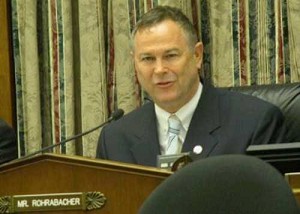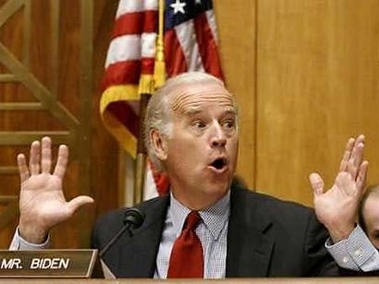What course will China chart in the future? The soon-to-be captain of the ship is Vice President Xi Jinping. And there is growing evidence that far from being a reformer, he will be aggressive leader who will resemble Mao more than Deng Xiaping. That is at least the argument of Professor Bruce Gilley over at the National Interest.
It may be time to concede that China’s leader-in-waiting, Xi Jinping, is not the moderate that many have assumed. Indeed, evidence from his past suggests that Xi is going to steer China in a more aggressive direction, both domestically and internationally. As his time in office nears, Xi is evincing signs of being a narrow nationalist on foreign policy and of having a penchant for police actions in dealing with domestic frictions. Hence, his rise could signify that the long struggle between Maoists and reformers that characterized China’s “reform era” is now ending….
The first time that Xi’s “strong” dark side emerged publicly was in 2009 when on a visit to Mexico, he told local Chinese, “Well-fed foreigners have nothing better to do but point fingers at China. But China does not export revolution, we do not export poverty and hunger, and we do not interfere in the affairs of others. So what is there to complain about?”
Xi’s “three did nots,” as they have become known, have won plaudits from the country’s nationalists, including the authors of the vitriolic 1996 book The China That Can Say No. These nationalists express hope that Xi will be the first leader since Mao who is willing to stand up to the West. In early September, Xi told students at the Central Party School, the party’s elite training academy in Beijing, that “two overriding objectives–the struggle for both national independence and popular liberation, which is to say the realization of both state power and popular wealth–have always been closely related. The former has always been the basis of the latter.”
You can read the full article here.


COMMENTS
Please let us know if you're having issues with commenting.